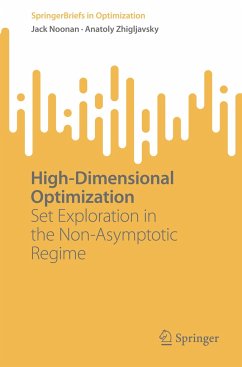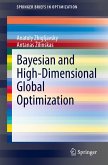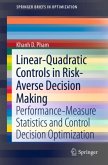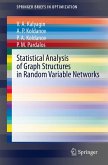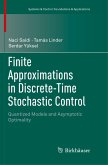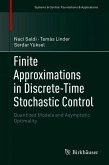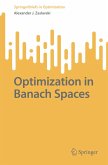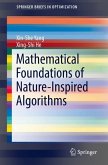This book is interdisciplinary and unites several areas of applied probability, statistics, and computational mathematics including computer experiments, optimal experimental design, and global optimization. The bulk of the book is based on several recent papers by the authors but also contains new results. Considering applications, this brief highlights multistart and other methods of global optimizations requiring efficient exploration of the domain of optimization. This book is accessible to a wide range of readers; the prerequisites for reading the book are rather low, and many numerical examples are provided that pictorially illustrate the main ideas, methods, and conclusions.
The main purpose of this book is the construction of efficient exploration strategies of high-dimensional sets. In high dimensions, the asymptotic arguments could be practically misleading and hence the emphasis on the non-asymptotic regime. An important link with global optimization stems from the observation that approximate covering is one of the key concepts associated with multistart and other key random search algorithms. In addition to global optimization, important applications of the results are computer experiments and machine learning.
It is demonstrated that the asymptotically optimal space-filling designs, such as pure random sampling or low-discrepancy point nets, could be rather inefficient in the non-asymptotic regime and the authors suggest ways of increasing the efficiency of such designs. The range of techniques ranges from experimental design, Monte Carlo, and asymptotic expansions in the central limit theorem to multivariate geometry, theory of lattices, and numerical integration.
This book could be useful to a wide circle of readers, especially those specializing in global optimization, numerical analysis, computer experiments, and computational mathematics. As specific recipes for improving set exploration schemes are formulated, the book can also be used by the practitioners interested in applications only.
The main purpose of this book is the construction of efficient exploration strategies of high-dimensional sets. In high dimensions, the asymptotic arguments could be practically misleading and hence the emphasis on the non-asymptotic regime. An important link with global optimization stems from the observation that approximate covering is one of the key concepts associated with multistart and other key random search algorithms. In addition to global optimization, important applications of the results are computer experiments and machine learning.
It is demonstrated that the asymptotically optimal space-filling designs, such as pure random sampling or low-discrepancy point nets, could be rather inefficient in the non-asymptotic regime and the authors suggest ways of increasing the efficiency of such designs. The range of techniques ranges from experimental design, Monte Carlo, and asymptotic expansions in the central limit theorem to multivariate geometry, theory of lattices, and numerical integration.
This book could be useful to a wide circle of readers, especially those specializing in global optimization, numerical analysis, computer experiments, and computational mathematics. As specific recipes for improving set exploration schemes are formulated, the book can also be used by the practitioners interested in applications only.

